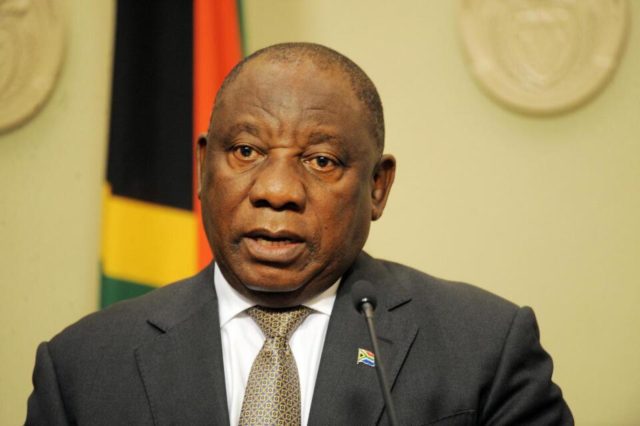Voluntary association has faced constant criticism for its colonial roots
THE GOVERNMENT has no intention of pulling South Africa out of the Commonwealth, President Cyril Ramaphosa has said in a parliamentary reply.
All but two of the 53 countries that are members of the Commonwealth were formerly colonised by Britain. Rwanda and Mozambique are the two member nations with no historical ties to the British Empire.
The voluntary association has faced constant criticism for its colonial roots. Some critics have labelled the association headed by Queen Elizabeth II as the British Empire 2.0.
“The South African government does not intend to withdraw from the Commonwealth,” Ramaphosa said, replying to a written question asked by the African Transformation Movement (ATM).
The rejection of the Commonwealth for its imperialist origins informed the ATM’s question to Ramaphosa, party president Vuyo Zungula told reporters on Tuesday.
“This is disguised colonialism,” he said. “We want South Africa to break away from all the colonial circles that exist. Our colonisers are the reason why our (natural) resources do not belong to the people of South Africa. They are the reason why people don’t have the land.”
But Ramaphosa said: “The work of the Commonwealth is in line with South Africa’s foreign policy commitments to human rights, democracy, good governance, justice and international law, peace, economic development, multilateralism and promoting the African Agenda. For South Africa, the Commonwealth provides a platform to forge common approaches to these matters of global importance and to promote trade, investment and the exchange of skills and knowledge between countries.”
Another reason South Africa would not leave the Commonwealth was that the grouping played an instrumental role in the campaign against apartheid, Ramaphosa implied.
Apartheid South Africa withdrew from the Commonwealth in 1961 after it faced criticism from fellow members for its segregation policies. South Africa became a member again in 1994.
The Union government of colonial South Africa was one of founding members of the Commonwealth in 1926 at the Imperial Conference. Australia, Canada, India, the Irish Free State, Newfoundland and New Zealand were the other founding members.
“When South Africa rejoined the Commonwealth in 1994, shortly after its first democratic elections, the South African government recognised the Commonwealth’s contribution to the global campaign to end apartheid,” said Ramaphosa.
He said South Africa took its membership seriously. “Since its return to the Commonwealth, South Africa has participated in summits, ministerial meetings and the governing bodies of the Commonwealth, and worked closely with the Commonwealth Secretariat, contributing politically, financially and in terms of expertise to the work of the organisation.”








